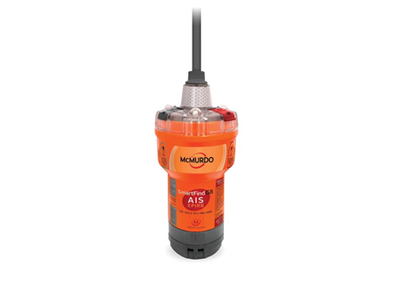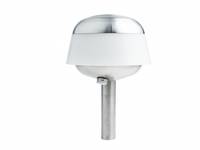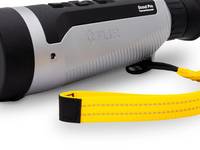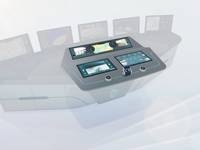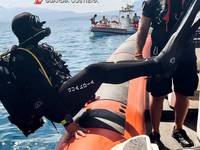Maritime Distress Beacon Gains North American Approval
Orolia’s McMurdo SmartFind G8 AIS Emergency Position-Indicating Radio Beacon (EPIRB) has been approved by the U.S. Federal Communications Commission (FCC) and Innovation, Science and Economic Development (ISED) Canada.
The world’s first EPIRB to contain both the international 406 MHz alert frequency and the localized rescue power of the Automatic Identification System (AIS), the McMurdo SmartFind G8 AIS is now ready to order for leisure and commercial maritime use across the U.S. and Canada, following the earlier approval of the SmartFind G8 product family portfolio in Europe.
The McMurdo SmartFind G8 AIS EPIRB is the first distress beacon to support each of the four frequencies used in the search and rescue process: 406 MHz for global alert transmission, GNSS for location positioning and 121.5 MHz and AIS for localized tracking and recovery.
According to the manufacturer, this multiple-frequency capability ensures a faster, more resilient search and rescue solution thanks to superior positioning accuracy, greater signal reliability and, ultimately, the accelerated rescue of people or vessels in distress.
The beacons include a hidden hands-free carry strap, a 10-year battery, multiple GNSS sources, and multiple false activation protection measures. The McMurdo SmartFind G8 AIS comes either as a manual or auto variant that deploys automatically on a sinking vessel.
Mark Cianciolo, Orolia Vice President, Americas, said, “Regional approval for Orolia’s latest maritime search and rescue technology follows our ongoing contract to supply Personal Locator Beacons to the U.S. Coast Guard. We’re dedicated to developing state of the art technologies that help keep people safe while navigating our world’s waterways, and with the introduction of this revolutionary product in North America, now is the time to ensure localized tracking and recovery are part of your maritime safety portfolio.”
